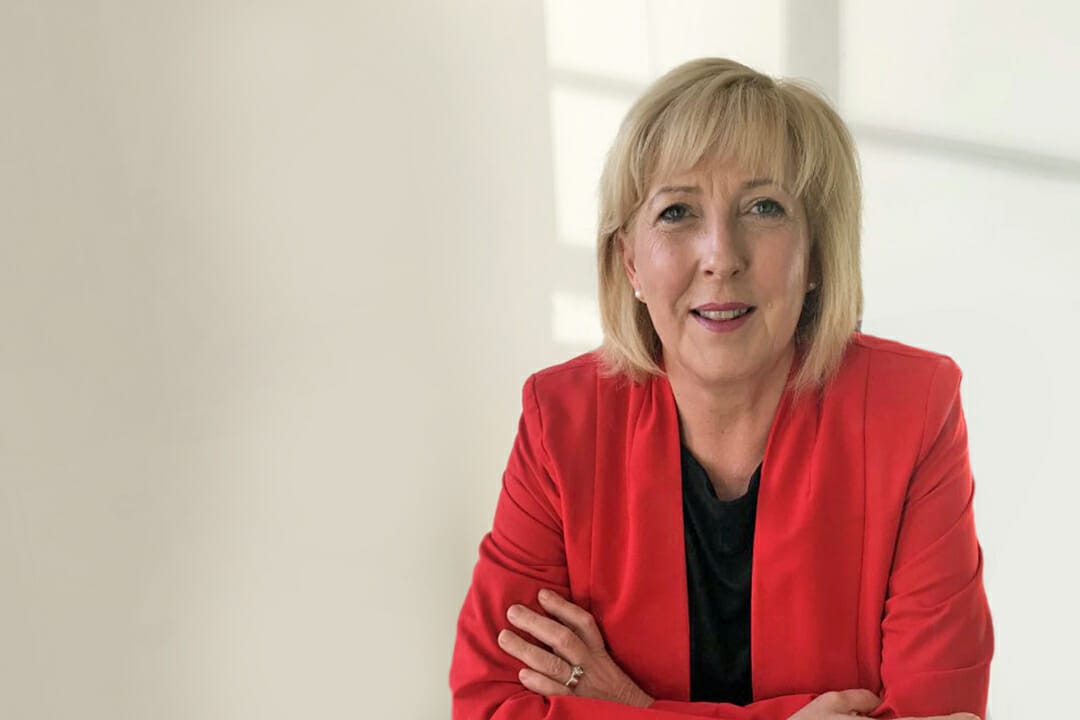Against all odds, there is an air of optimism in 2021. The world feels a little different, a little bit more hopeful, even in the face of a global pandemic. We have entered a new era in US politics, and the inauguration of the Biden-Harris administration brings renewed hope for sustainable investment, particularly climate policy both in the US and internationally.
Clearly, there is much to be done. The government and the private sector need to work together to tackle the pandemic, address climate change and to build back better. We need a global economic recovery that includes a new social contract, creates green jobs and delivers economic prosperity for the many, not just the few.
Investors in the United States—and around the world—are now looking closely at the new administration and its policy directions. Although it is still too early to predict the impact of the new administration on sustainable investment, we are seeing positive signals. On his first day in office, President Joe Biden hit the ground running. He issued an Executive Order to re-join the Paris Agreement, to protect public health and the environment, with a list of agency actions to review including Financial Factors in Selecting Plan Investments.
Ahead of Earth Day on 22 April, President Biden also announced plans to host a global Climate Leaders’ Summit, a sign of the new President’s commitment to strengthen America’s renewed climate goals.
In addition, he has set goals to achieve a carbon pollution-free power sector by 2035, which puts the United States on an “irreversible path to a net-zero economy by 2050”. The US will also “promote a significant increase in global ambition” around the Paris Agreement goals. The order starts the process of developing America’s “nationally determined contributions” under the Paris Agreement, as well as a “climate finance plan.”
Following the Trump administration’s efforts in recent years to roll back progress on ESG investing, however, the future standing of the US in the responsible investment movement hangs in the air. Compared to progress in Europe and Asia, the last four years have seen the decline of the integration of ESG considerations in US investment policy and regulation.
US policymakers now have a unique opportunity to advance new policies that support sustainable investing and strengthen accountability, good governance, and shareholder rights.
The PRI wants the new administration to reverse the course that had been set by American regulators over the past few years including a 2019 executive order from President Trump which directed the Department of Labor (DOL) to review regulation of private retirement plan fiduciaries (or “ERISA fiduciaries”) with an eye towards promoting the oil and gas sector. In response, the DOL proposed rules that, if finalised as proposed, will make it harder and more costly for ERISA fiduciaries to integrate ESG factors into their investment actions and participate in proxy voting aimed at advancing corporate responses to investors’ demands on ESG factors.
A new Congress will have the opportunity to overturn the rule through the Congressional Review Act. The need for congressional intervention won’t stop at the DOL — the Securities Exchange Commission (SEC) recently finalised rules that make it more difficult for investors to participate in proxy voting to advance ESG factors. The PRI responded to both the DOL and SEC.
Another priority should be establishing mandatory ESG disclosure for publicly traded companies. Investors need access to consistent, comparable data about material ESG factors to efficiently incorporate that data into their investment practices. The SEC could mandate such disclosures, or Congress could direct them to institute these requirements.
Reform is also needed to modernise fiduciary duties. Specifically, American regulators should require pension and investment fiduciaries to integrate material ESG factors into their investment processes. Altogether, laws and regulations from the DOL and SEC need to be updated to eliminate any uncertainty that fiduciaries have an obligation to consider ESG issues.
It is promising to see the commitment to progress already demonstrated by the new US administration. Coupled with public counsel from the responsible investment community, including the PRI, we look to the new President to step up and demonstrate real leadership on responsible investment, for the sake of both people and planet.
Fiona Reynolds is chief executive of the PRI.




